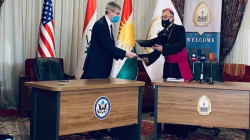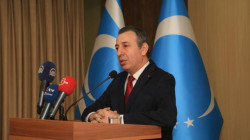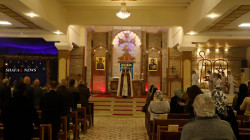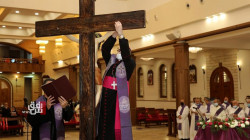Christian Parties in Kurdistan reject election court's decision, threaten protests
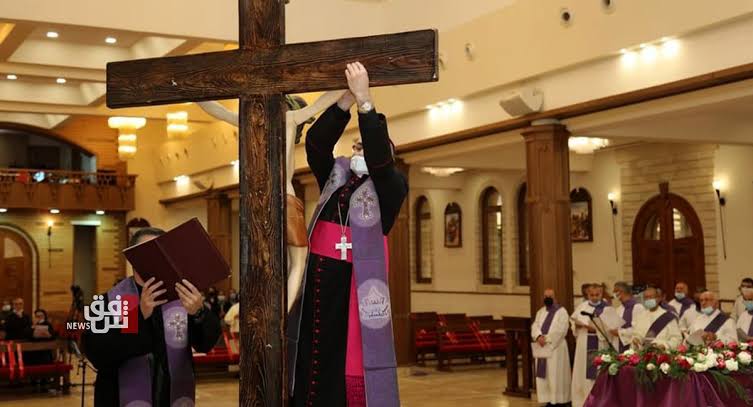
Shafaq News/ Five political parties representing the Christian community in the Kurdistan Region rejected, on Wednesday, the Federal Electoral Commission's decision on minority quotas in the Kurdistan Parliament, threatening to call for demonstrations.
The Election Judiciary Committee within the Iraqi Supreme Judicial Council has decided to allocate 5 out of 100 seats in the Kurdistan Parliament for the minority component.
The new seat allocation includes representation for the Christian and Turkmen communities within the Kurdistan region, consisting of two seats in Erbil Governorate, two in Al-Sulaymaniyah Governorate, and one in Duhok Governorate.
The Assyrian Democratic Movement, Beit Nahrin National Union Party, Chaldean Syriac Assyrian Popular Council, Assyrian Patriotic Party, the Bet Nahrain National Union, and Bet Nahrain Democratic Party issued a joint statement expressing their concern over the Court's decision pointing out that the election law, under which the first parliamentary elections for the region were held in 1992, granted five quota seats to the Chaldean Syriac Assyrian people. "The Federal Court canceled this in its decision numbered 83 and its unification decisions 131 and 185/Federal/2023."
"The injustice inflicted on the Chaldean Syriac Assyrian component due to these two decisions, by canceling the five seats and then reinstating two of them and distributing the seats in an exclusionary manner, deprived Duhok governorate, which has the largest historical Christian population in the region, of parliamentary representation."
The statement considered these steps "represent a clear departure from all democratic concepts stipulated in the Iraqi constitution and a clear legal violation that deprived Christians of their just and legitimate rights achieved after great sacrifices in their national struggle over many decades."
Moreover, the parties rejected the distribution of the Christian component's seats based on "incorrect population criteria through a distorted political, demographic map of Christians in the region, relying on political bargaining among influential parties."
The Christian parties affirmed their refusal to submit to the "illegal" status quo being imposed on the component, vowing to "escalate their struggle by various means and boycott these elections until the seats are fully restored and voting for them is restricted to Christians through binding legal provisions."
"We will call on our people and masses to demonstrate to reject this political injustice committed in the name of democracy and minority rights," the statement continued. "We will not be easy prey for the political sharks that do not believe in the rights of the indigenous minorities in the homeland, and we will turn to the international community to explain the injustices faced by national minorities under a system that claims democracy, human rights protection, and equal rights for all, while it practices actions contrary to all those principles."
Concluding their statement, the Christian parties demanded "the restoration of the five seats allocated to the Chaldean Syriac Assyrian people in the Kurdish parliament, making Kurdistan Region a single electoral district for the Christian quota seats, restricting voting for the quota seats to Christian voters, and allocating specific electoral centers and ballot papers for quota voters."
It is noteworthy that several ancient Christian communities, who now number an estimated 200,000 to 300,000 people from the 1.5 million, lived in Iraq before the U.S. invasion that toppled Saddam Hussein in 2003.
There are 14 officially recognized Christian sects in Iraq. Most live in Baghdad, the plains of northern Nineveh Governorate, and the Kurdistan region.
Chaldeans constitute the largest portion, comprising up to 80% of Iraq's Christians. Syriacs make up approximately 10%, while Assyrians represent around 5%. About 3% of Iraqi Christians are of Armenian descent, and Arab Christians constitute about 2% of the Christian population in the country.
